Research
Our £500 million investment into research since 1960 has helped transform treatments and taken us to the point where beating blood cancer is now in sight. Our researchers are working to finish the job.
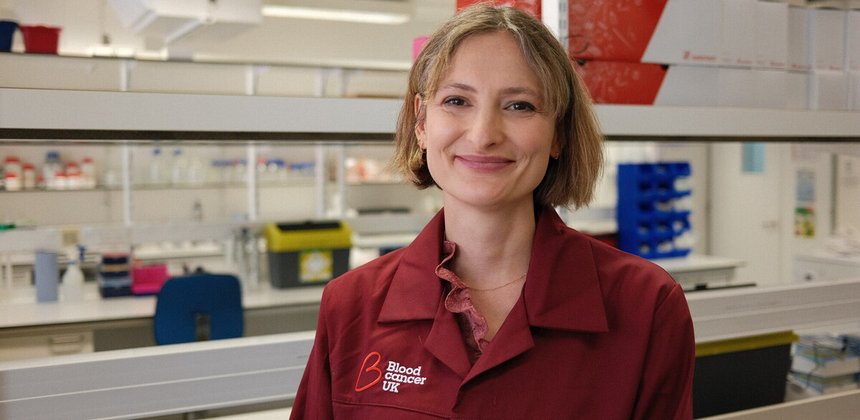
Our new research strategy 2025
Our new research strategy focuses on prevention, predicting outcomes, and treatment. Because people with blood cancer can't wait.
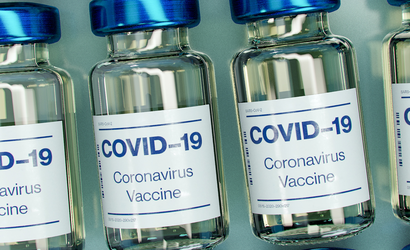
Research blogs

Why we fund Research
Our research impact
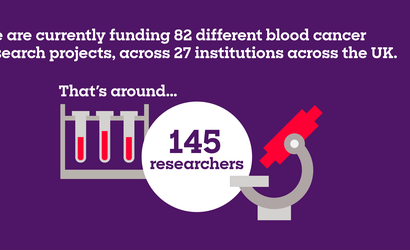
The projects you help us fund
The VIVO Biobank
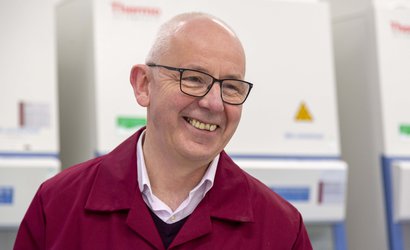
Funding for researchers
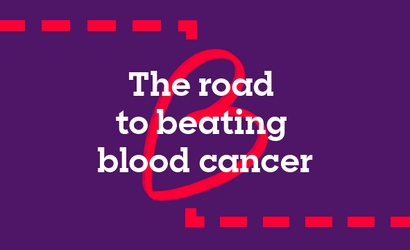
The road to beating blood cancer

Our policy on open access

Our Research Strategy Patient Panel
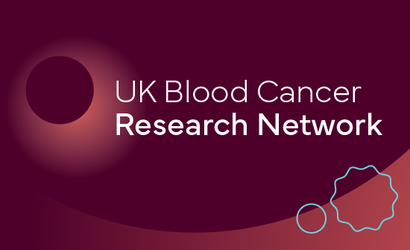
UK Blood Cancer Research Network (UKBCRN)
More about our research
Our research projects
Our researchers are making discoveries that have a life-changing impact on people with blood cancer.
UK Blood Cancer Research Network (UKBCRN)
A multidisciplinary, supportive leadership group, setting and driving the UK blood cancer research agenda.
Accelerating progress: research strategy 2025-2030
Our new research strategy focuses on prevention, early detection, and treatment. Because people with blood cancer can't wait.
